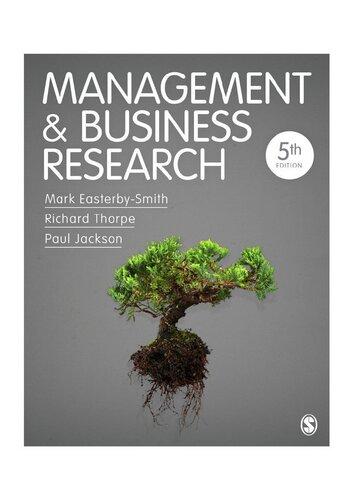Should she be sticking more closely to grounded theory principles, and if not, why not? Hi Mark
Question:
Should she be sticking more closely to grounded theory principles, and if not, why not?
Hi Mark I started with a general area for study – the interplay of personal and organizational identities in multi-nationality, multicultural organizations (how important is organizational culture in such settings, and why? What identities do people see themselves as having in these settings, and why?).
Once having been in the sites for some time and gathered some data through interviews, I found that identity regulation was a term (perhaps even a central category in Strauss’ and Corbin’s words) that had explanatory power; I got this term from the literature, having continued to iteratively study the literature and the data, while continuing to gather data.
My ‘sample’ was more or less set from the beginning (all participants on two management development programmes), so in this sense I did not use theoretical sampling. However, I did add questions and change emphases in the interviews as I proceeded.
Whether I reached theoretical saturation, I am not fully sure. In a sense it was more a question of talking to everyone, and then sampling the data (with some follow-up and changes to subsequent questioning and focus, as above).
I see this as a kind of ‘theory elaboration’ rather than deduction per se. But there is definitely a deductive side to it. It may also be the case that I come up with my own theory (hope so), especially, perhaps, in comparing results across the two cases.
That’s as far as I can go at the moment. What do you think? How grounded is this?
Suzanne
Step by Step Answer:

Management And Business Research
ISBN: 9781446296578
5th Edition
Authors: Mark Easterby-Smith, Lena J. Jaspersen, Richard Thorpe, Danat Valizade





